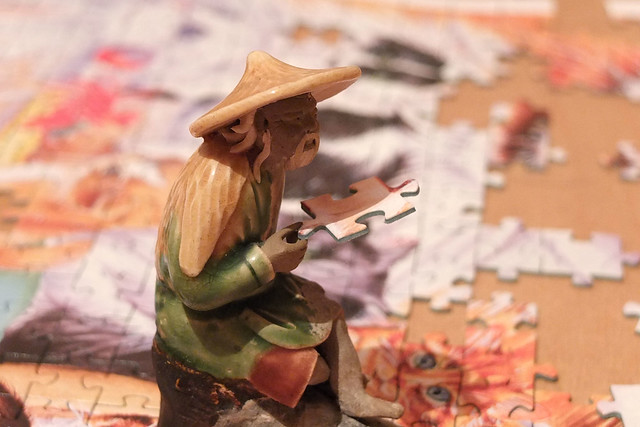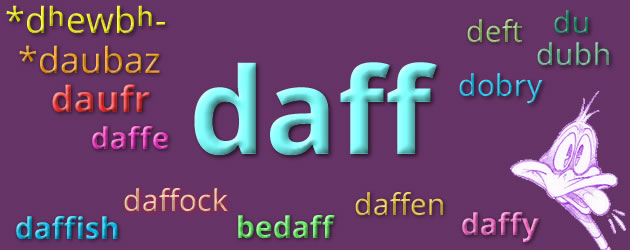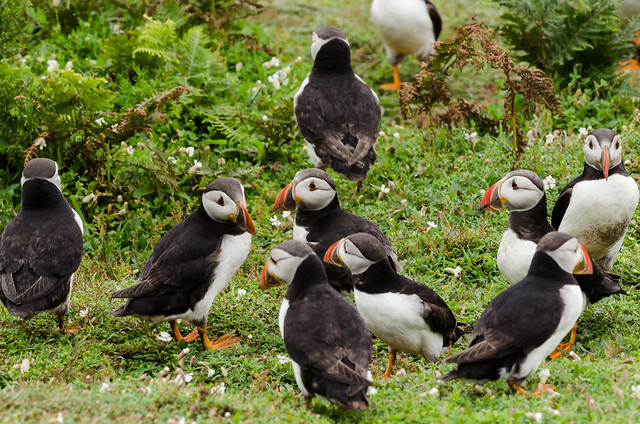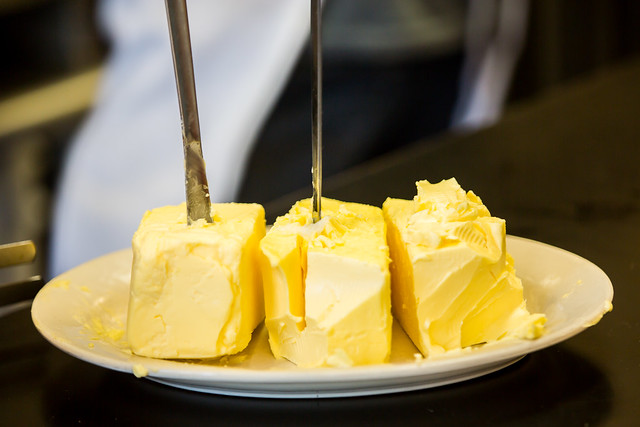Podcast: Play in new window | Download

Shankland Reading Room, Bangor University. Photo by Richard Simcott
Today we are unpeeling the origins of the word library.
A library [ˈlaɪbɹi / ˈlaɪbɹəɹi] is:
- a building, room, or organization that has a collection of books, documents, music, and sometimes things such as tools or artwork, for people to borrow, usually without payment.
It comes from the Middle English librarie [libˈraːriː(ə)] (library, reading room, bookshelf, bookcase, archive, collection (of texts)), from the Anglo-Norman librarie (library, collection of books), from the Old French librairie, from the Latin librārium (bookcase, library), from liber (book, inner bark of a tree) and -ārium (place for) [source].
The word liber comes from the PIE *lewbʰ- (to peel, cut off, harm), perhaps from *lew- (to cut off). The English words leaf, lobby and lodge possibly come from the same roots [source].
A Middle English word for library was boch(o)us, from the Old English bōchūs [ˈboːkˌhuːs] (library), from bōc (book) and hūs (house). The word bookhouse (a repository/store of books, library) exists in modern English, although is not in common usage [source].
Cognates of library in Romance languages, such as librarie in French and librería in Spanish, mean ‘bookshop / bookstore’. They used to mean library until about the 16th century, and were replaced by words derived from the the Latin bibliothēca (library) [source].
The word bibliotheca used to be used in English to mean a collection or catalogue of books, or a library. It was borrowed from the Latin bibliothēca (library), from the Ancient Greek βιβλιοθήκη (bibliothḗkē – bookcase, library, records office, ), from βιβλίον (biblíon – book) and θήκη (thḗkē – box, chest) [source].
Here’s a video I made of this information:
Video made with Doodly [afflilate link].
I also write about words, etymology and other language-related topics on the Omniglot Blog, and I explore etymological connections between Celtic languages on the Celtiadur.
You can also listen to this podcast on: Apple Podcasts, Amazon Music, Stitcher, TuneIn, Podchaser, PlayerFM or podtail.
If you would like to support this podcast, you can make a donation via PayPal or Patreon, or contribute to Omniglot in other ways.










